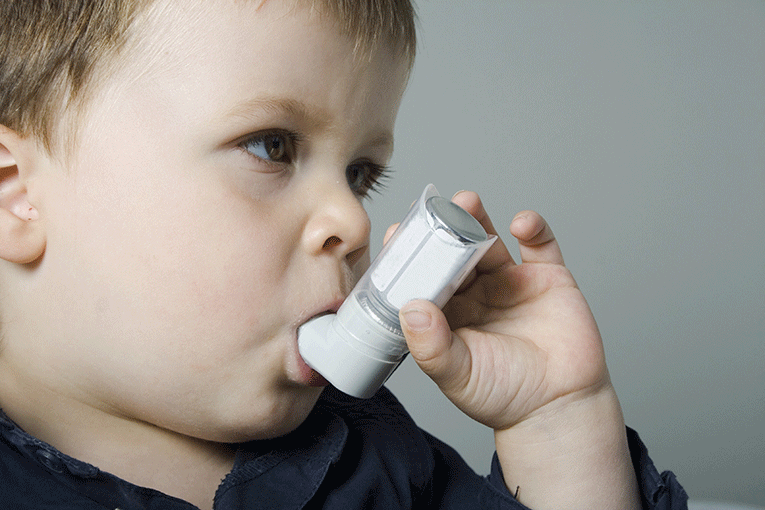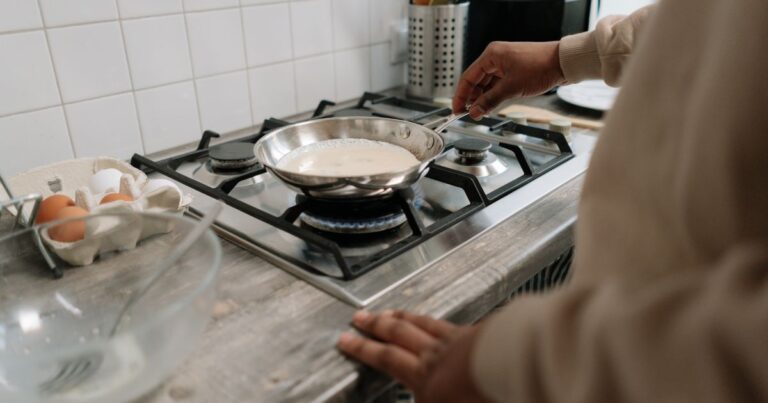World’s Largest Home Improvement Retailer, Home Depot, Commits to Phase Out of Phthalates in Flooring by End of 2015
(Ann Arbor, MI) A new study found that most vinyl flooring tested contained toxic phthalates, a number of which have been banned in children’s products since 2009. The flooring samples tested were purchased from major home improvement retailers including Lowe’s and Lumber Liquidators. Researchers found that of 65 vinyl flooring tiles tested, 38 (58 percent), contained phthalates. Phthalates are commonly found in flooring at levels which exceed U.S. Consumer Products Safety Commission (CPSC) children’s product standards for phthalates. The study also surveyed major retailers to assess whether they have adopted policies to eliminate phthalates in flooring. The survey found that The Home Depot is far ahead of its competitors by requiring its suppliers to eliminate ortho-phthalates in all virgin vinyl flooring by the end of 2015.
The company has been working with the Safer Chemicals, Healthy Families “Mind the Store” campaign to develop this policy since the spring of 2014. The study is part of ongoing research at HealthyStuff.org (a project of the Michigan-based nonprofit organization, the Ecology Center) on harmful chemicals in consumer products and co-released with Mind the Store.
“We congratulate The Home Depot on this landmark initiative,” said Andy Igrejas, director of Safer Chemicals, Healthy Families. “As the world’s largest home improvement retailer, Home Depot’s new policy sends a strong signal to the marketplace that retailers want healthier building materials free of harmful chemicals like phthalates. We call on Lowe’s and other major home improvement retailers to join Home Depot in phasing out phthalates in flooring.”
Over the last six months, the Ecology Center researchers tested 65 flooring tiles for substances that have been linked to asthma, birth defects, learning disabilities, reproductive problems, liver toxicity, and cancer. The flooring tiles were sampled from five national flooring retailers: Ace Hardware, build.com, Lowe’s, Lumber Liquidators, and Menards. Samples were acquired from retailers in seven different states: Connecticut, Massachusetts, Maine, Michigan, North Carolina, New York and Vermont.
Highlights of Findings from Flooring Study:
Most Vinyl tile flooring samples tested contained one or more hazardous chemicals. Fifty-eight percent of vinyl flooring tiles tested contain phthalate plasticizers, which are hazardous and are subject to a pending ban in the European Union. Moreover, almost all (89 percent) of vinyl flooring samples tested contained organic tin-based stabilizers. Over half of the samples tested contained multiple plasticizers.
Home Depot has made a commitment to phase out phthalates by the end of 2015, and has a more comprehensive policy than the competitors surveyed. As of their first quarter of 2015, Home Depot had accomplished 85 percent of the phase-out. Lumber Liquidators reported it is working with suppliers to transition to alternatives but has not set a deadline. Other retailers that were surveyed, Ace Hardware, Build.com, Lowe’s, and Menards, did not respond to letters and have no publicly available policies on phthalates in flooring.
Some retailers, manufacturers and brands are better than others.
- The poorest performing retailers: Lumber Liquidators and Ace Hardware, had phthalates in 100 percent of the flooring samples tested.
- Lowe’s (48 percent), Menards (23 percent) and build.com (25 percent) also had products tested which contained phthalates.
- Among flooring brands, Armstrong and Designer’s Image stood out for having zero of tested tiles with phthalates in the surface layer.
Healthier flooring alternatives are available. The study allows consumers to identify phthalate-free options. Also, many of the retailers surveyed sell non-vinyl flooring alternatives. Healthier flooring options included bio-based linoleum, natural rubber and ceramic tile.
“Our study shows that hazardous plasticizers called phthalates are still too commonplace in vinyl tile flooring,” said Jeff Gearhart, research director for HealthyStuff.org, the organization that conducted the product testing. “We also identified the beginnings of a market shift, with one-third of the products tested already using less hazardous plasticizers.”
HealthyStuff.org tested the products for chemicals based on their toxicity. Researchers used high-definition x-ray fluorescence (HDXRF) spectrometry, a non-destructive method that allows for the rapid screening of toxic chemicals in consumer products. Plasticizer identification was conducted using FTIR spectroscopy and a third party CPSC-certified laboratory.
“With this commitment, The Home Depot demonstrates outstanding environmental health leadership,” said Mike Belliveau, executive director of Environmental Health Strategy Center and Senior Advisor to Safer Chemicals, Healthy Families; “This is a major next step in the global effort to phase out all phthalates in commerce in favor of safer substitutes.” Belliveau led the team that presented alternative plasticizer options to The Home Depot.
“Home Depot’s decision will make a hugely positive impact on indoor environmental quality,” predicted Bill Walsh, executive director of the Healthy Building Network. HBN’s 2014 report, Phthalate-free Plasticizers in PVC demonstrates these alternatives’ availability and growing use in vinyl flooring, and was a key resource in the coalition’s dialogue with Home Depot.
A growing body of credible scientific evidence has linked exposure to phthalates to serious threats to human health including asthma, harm to male reproductive organs, brain development, and the immune system. Phthalates can migrate out of flooring materials and get into the air and dust inside homes. According to the Centers for Disease Control and Prevention, over 90 percent of Americans have measurable levels of phthalates in their bodies. Government regulators around the world are increasing scrutiny and restrictions on the use of some phthalates. The United States is expanding its ban on phthalates in toys and childcare articles and considering further actions on other products. Several states, including California, Washington and Maine require warnings or disclosure for several phthalates in consumer products.
New research by the Healthy Building Network, also published today, reveals that legacy toxic hazards are now being reintroduced into our homes, schools and offices in recycled vinyl content that is routinely added to floors and other building products. Legacy substances used in PVC products, like lead, cadmium, and phthalates, are turning up in new products through the use of cheap recycled content.
For full study results and detailed information about what consumers can do visit HealthyStuff.org.
About Ecology Center and HealthyStuff.org
The Ecology Center is a Michigan-based, nonprofit environmental organization working at the local, regional and national levels for a safe and healthy environment where people live, work, and play. Our HealthyStuff.org program is a national leader in testing products and disclosing information on hazardous chemicals in consumer products.
About Safer Chemicals Healthy Families and the Mind the Store Campaign:
The Mind the Store Campaign is coordinated by Safer Chemicals, Healthy Families, which is challenging major US retailers to adopt policies to identify, restrict, and safely substitute the Hazardous 100+ chemicals in common consumer products. For more information visit MindTheStore.org.




